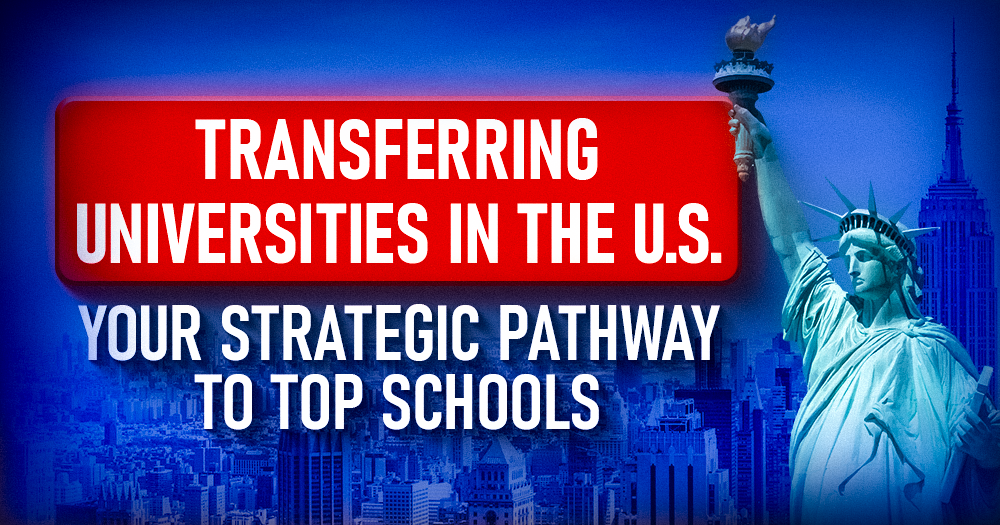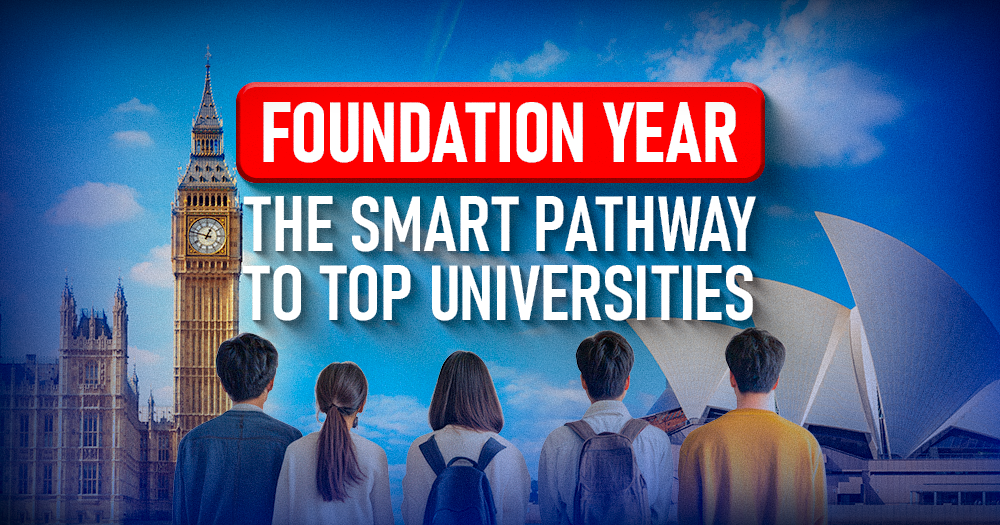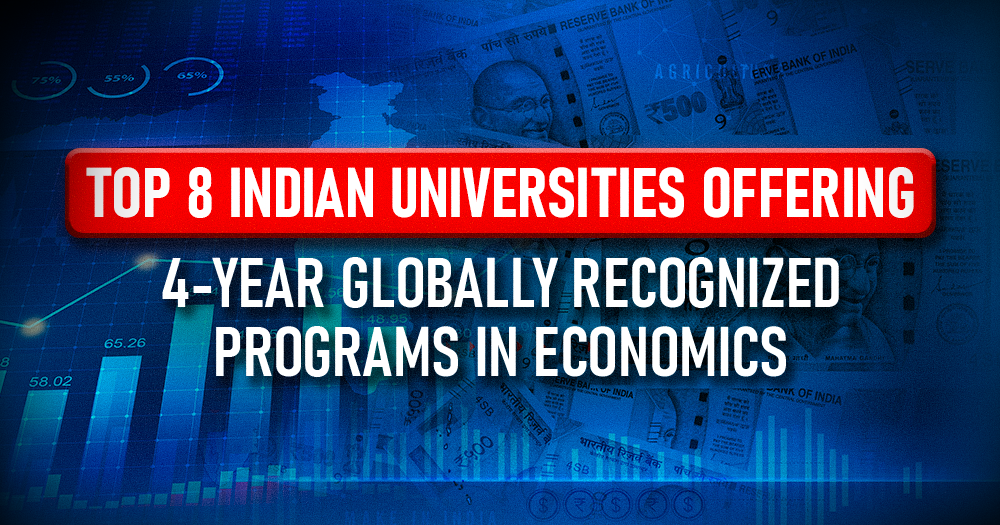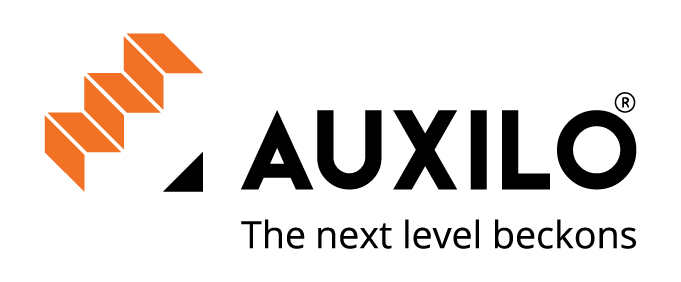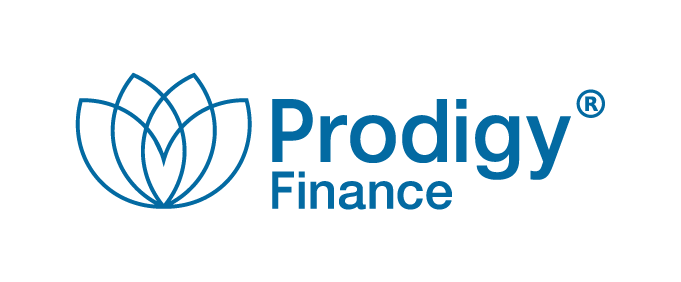After a temporary pause that left thousands of international students anxiously waiting, the US State Department has officially announced the resumption of student visa processing.
US consulates worldwide can now schedule visa appointments for F, M, and J visa applicants, bringing relief to students planning their academic journey to the United States.
The Latest Development: Appointments Are Back
On June 18, 2025, the State Department sent an internal cable to all US diplomatic posts abroad, instructing them to resume scheduling interviews for student and exchange visitor visa applicants. This marks the end of a three-week suspension that began on May 27, 2025, when Secretary of State Marco Rubio temporarily halted the scheduling of new visa interviews.
For students who have been refreshing booking websites and anxiously monitoring State Department announcements, this news brings hope for securing their spots in the upcoming academic year. Universities and students alike can now move forward with their plans, knowing that the visa processing pipeline is operational again.
Understanding the New Vetting Process
While the resumption of visa processing is welcome news, there are important new requirements that all applicants must understand and prepare for. The enhanced vetting process is designed to ensure comprehensive screening of all student and exchange visitor applicants.
What the Social Media Screening Involves
Under the new guidelines, consular officers will conduct a “comprehensive and thorough vetting” of all student visa applicants’ online presence. This process specifically looks for several key areas of concern:
Hostility indicators: Any content showing hostility toward US citizens, culture, government, institutions, or founding principles
Security concerns: Posts advocating for or supporting foreign terrorist organizations or threats to national security
Antisemitic content: Support for unlawful antisemitic harassment or violence
Political activism: History of political activism that might continue in the United States
The Public Profile Requirement
The most significant change is that all applicants must now set their social media accounts to “public” to facilitate the vetting process. This requirement applies to all platforms where students maintain a presence, including Facebook, Instagram, Twitter, LinkedIn, TikTok, and others.
Refusing to make accounts public may be interpreted as an attempt to evade scrutiny or conceal online behavior, potentially leading to visa denial. As one State Department official explained, “The enhanced social media vetting will ensure we are properly screening every single person attempting to visit our country”.
Essential Dos and Don’ts for Student Visa Applicants
DO:
- Make all social media profiles public before your visa interview
- Review all your social media content thoroughly before applying
- Ensure consistency between your social media information and visa application details
- Keep your profiles professional and honest, including accurate education and job details
- Be prepared to discuss any content that consular officers may question during your interview
- Continue monitoring your online presence even after setting accounts to public
DON’T:
- Delete social media content suddenly – authorities may have access to past data and sudden changes might raise suspicion
- Post political content or controversial material, especially related to US policies or institutions
- Share content that could be interpreted as antisemitic or supportive of designated terrorist organizations
- Advertise future employment in the US before your visa is officially granted
- Maintain private accounts or refuse to provide access to your social media profiles
- Post anything you wouldn’t want a consular officer to read
What Students Should Expect During the Process
Documentation Requirements
Consular officers are now required to document all social media reviews in the applicant’s case record. If any concerning content is found, screenshots must be taken and uploaded to preserve evidence. Even when no issues are discovered, case notes must indicate that a review was conducted.
Expanded Scope of Review
The screening extends beyond traditional social media platforms to include any type of online presence, such as publications, professional profiles, and inclusion in online databases. Officers will review not just posts but also group memberships, interactions, and any content from the past five years.
The Review Process
While the discovery of concerning content doesn’t automatically disqualify an applicant, it does trigger additional review to ensure national security standards are met. Consular officers will assess whether applicants are likely to observe US laws and engage only in activities consistent with their nonimmigrant visa status.
Preparing for Potential Processing Delays
It’s important to understand that these enhanced screening procedures will require additional time and effort from consular staff. The State Department has acknowledged that this broadened social media screening is “potentially significant for consular section operations, processes, and resource allocations”.
Consular sections “will need to consider the workload requirements of each case before scheduling them in the future,” which suggests that processing times may be longer than usual as staff adapt to these new requirements. While the system works to accommodate the increased screening workload, students should expect some delays in the short term as the policy settles into routine operations.
Managing Expectations
The enhanced vetting process means that each application will require more detailed review, potentially creating bottlenecks during the critical May–August period when 70% of annual student visas are typically issued. Students are advised to apply as early as possible and remain patient as consulates adjust their workflows to accommodate the new screening requirements.
Moving Forward with Awareness
Despite the additional requirements, the resumption of student visa processing represents a significant development for international education. Students who prepare thoroughly, maintain appropriate online profiles, and understand the new requirements can navigate this process.
The enhanced screening, while more comprehensive, is designed to create a safer environment for all students studying in the United States. By following the guidelines and maintaining transparent, professional online presences, international students can continue pursuing their educational dreams in America.
As State Department spokesperson Tammy Bruce noted, “This is not going to be a lengthy or an ongoing dynamic” – the process is expected to stabilize as consular posts adapt to the new procedures. For students ready to embrace these changes and demonstrate their commitment to studying in the US, the doors to American higher education remain open.









